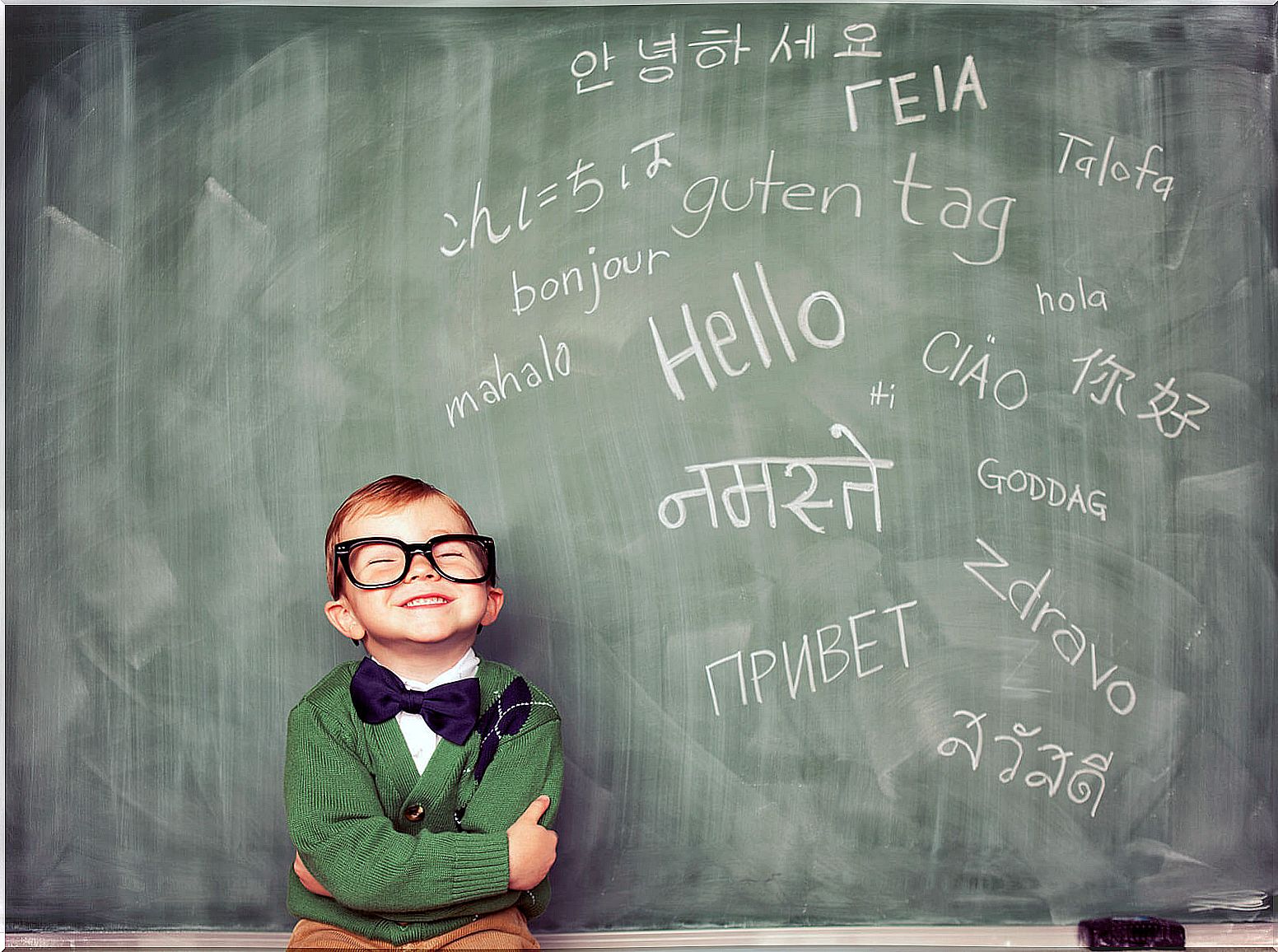6 Tricks For Your Child To Be Bilingual Before 6

Children during their first years of life have great brain plasticity that cannot be abandoned. They absorb information from their surroundings in a way that many adults envy, since they learn things on the fly . This brain plasticity helps them learn languages almost as if by magic, something essential to be able to speak another language apart from their mother tongue.
Many parents know this ease of children to learn in their first years of life and for this reason, they take advantage of these to enroll their children in children’s language schools, or speak to children in two languages at home if they have the opportunity. of being able to do it. For example, one parent may speak in the mother tongue and the other in a different one.
It seems that being bilingual is fashionable and it is that languages in today’s life are very important for the future of people.
Adults who speak languages will be more likely to be able to access a good job or to develop their own projects in a better way than if they do not have that language facility. For this reason, many parents strive to make their children master more than one language.
But, for children to take advantage of this brain plasticity and be able to absorb all the information they need to learn another language, some tricks must be taken into account.
Parents are responsible for their children’s learning and therefore, it is necessary to take into account everything necessary to improve and enhance this language learning. But how do you get it?
Tips for your child to be bilingual before the age of 6

1. The sooner the better
If you want your child to be bilingual and master several languages, do not wait until the years go by to instill a new language in his habitual vocabulary. The sooner you start the better. Babies from 3 months old can differentiate languages and between 3 and 9 years old is the perfect age to learn new languages.
If you want your child to learn new languages, better to do it naturally, just as he does with his mother tongue.
2. Listen to that language every day
Whether it is English, French or any other language that you want your child to learn, you should be aware that they should listen to it every day from a very young age.
This way you can become familiar with the speaking of this language. There are many ways to make sure you hear the language: songs, pictures, stories, games, etc. Just choose the way your child has fun and pay the most attention.
3. Academic training
Not everyone has the opportunity to enroll their children in reputable bilingual schools, but you can opt for a public school that offers their education in a bilingual way. But if this option is not compatible with your lifestyle, then you can enroll the children in private classes, academies or different types of language courses.
4. Extracurricular activities
Currently, many extra-curricular activities are offered in educational centers or toy libraries that can be very fun for children. It can be body language classes, theater in English, board games… What matters is that children associate the language with fun, in this way they will willingly learn the new language and it will also seem like great entertainment.

5. Family members or friends who know the language
If you have family or friends who know the language you want your children to learn, invite them over to your home to instill this language in your children.
Try to have conversations in this language with your family and friends, but above all, involve your children so that they too feel like participants in learning and conversations. They will learn that they can communicate in other languages as well.
6. Fun activities at home
Of course, learning at home is also a good idea for your children to become familiar with the new language, and that in addition to having a great time, you can share quality time as a family.
Prepare fun activities to work that language, such as: making greeting cards, writing stories in that language, recording a story to listen to later, etc. There are many ideas that you can do to enjoy.









